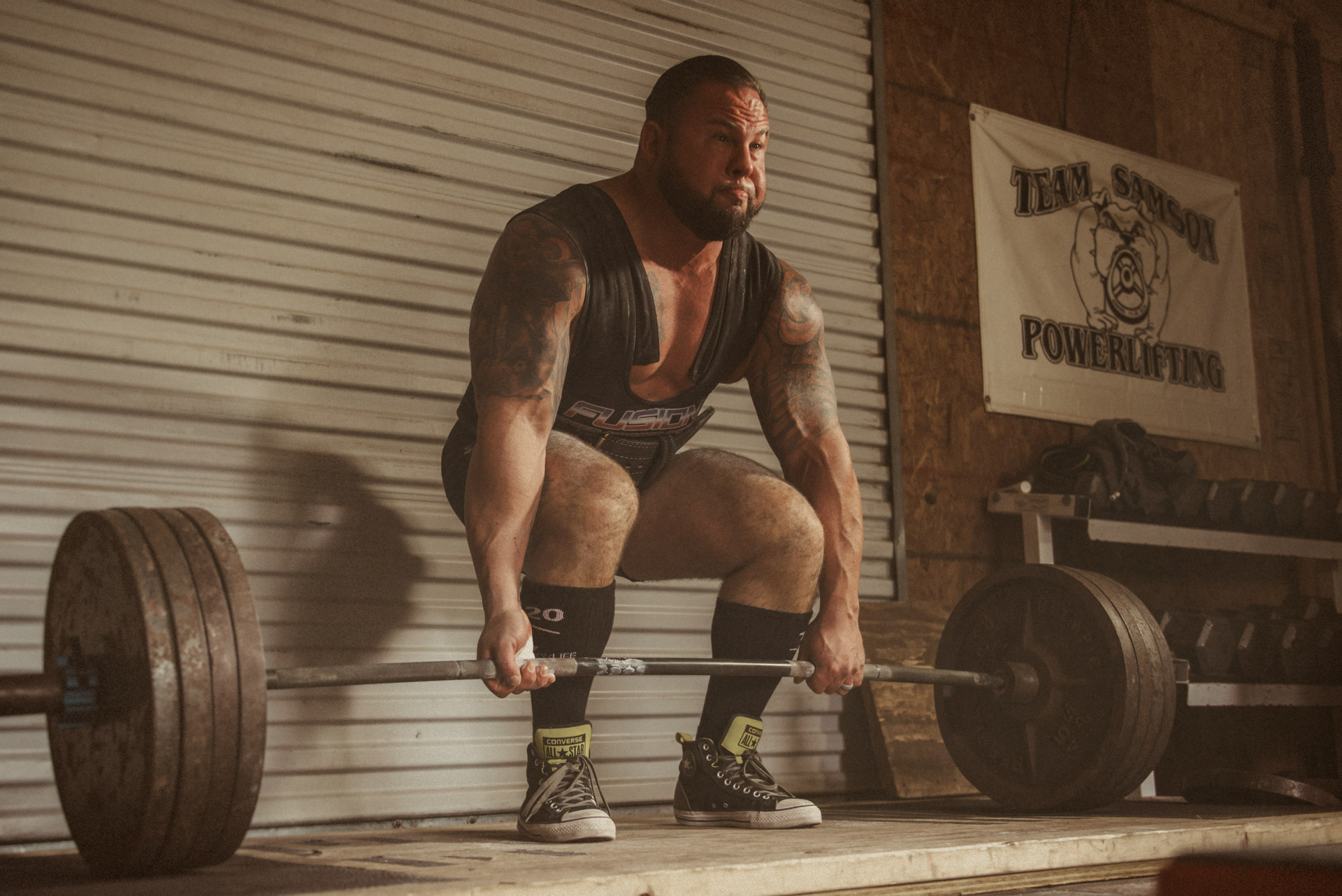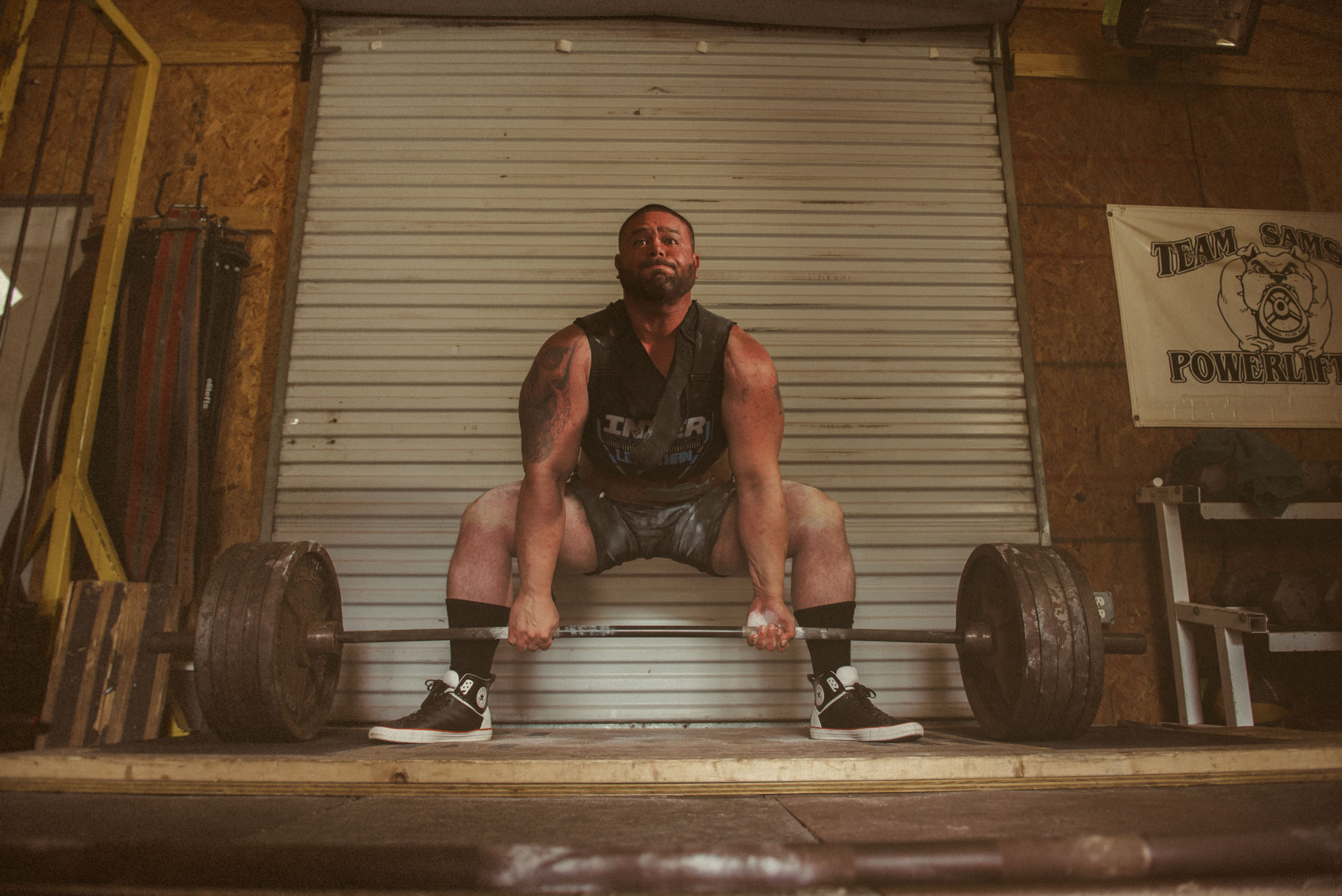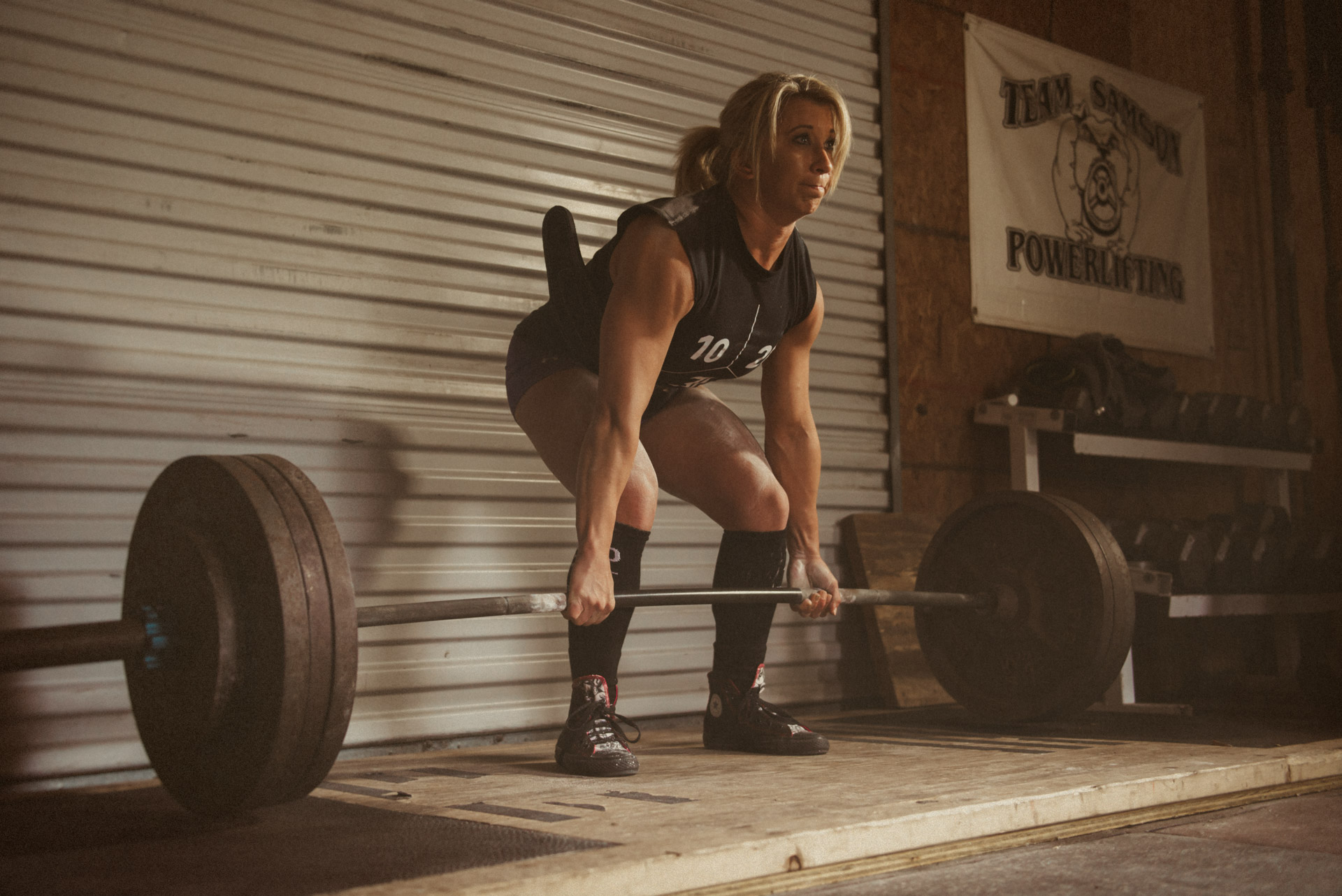
16 Feb It’s Not Your Program That Sucks, It’s YOU!
By Lisa Guggisberg
So you’re not getting the results you want out of your strength program. Pretty easy to jump to the conclusion that something is wrong with your program. But is that really the case? Why are other people getting great results out of a program and you’re only getting minimal results? The people that complain are probably the same people who’ve tried every Russian squat program, Smolov, Smolov Jr, Sheiko etc., but they still aren’t getting the results they want out of a program. They blame the program or in some instances, even blame the coach. If that’s the case maybe it’s not the program or the coach. Maybe the problem is you.
[wa-wps]
You’re A Program Hopper
You can’t follow a program for two months and expect to reach all your goals. Strength takes time and consistency. years, not months. Once you have a program and have identified your goals -stick to it! Follow the plan to the best of your ability and re-evaluate after you have given it plenty of time. Trust the program and make small adjustments along the way if needed (this also goes to communicating with your coach and being coachable). At the end of the program, if you didn’t end up with the results you wanted, you have at least learned what did and did not work for you. Changing programs constantly will lead you right back to where you began and you will spin your wheels (think ‘baseline’).
You’re Not Taking Your Training Seriously
Are you just walking into the gym with a nonchalant attitude with no clue as to what you’re going to do that day? Every training session you should have an exact plan and goal before you even start. For me, I approach each training session knowing my reps, working weight and what weakness I need to attack and work on prior to the training session. If you don’t go into training with a plan and goal for the session, then what are you accomplishing by just going through the movements? Just training to be sore and tired? If so, you’re in the wrong sport. It’s also important to ensure you are making every rep count. I like to think of things this way; I prep for a meet for 10 weeks, that’s only 10 squat sessions before a meet to perfect my form and correct any issues. I treat every rep, even my warm-up reps, as if they are my third attempt on the platform.
Your Diet Is Horrible
Take a look at your diet. If my training is off or I’m just not feeling like I walked away with a good training session it’s usually because my diet is off. Any top athlete knows that nutrition can make or break their performance. Are you eating the wrong foods? Let’s face it, as much as we all like Oreos and Reese’s Peanut Butter Cups, they probably aren’t the best fuel for a training session. Make sure you’re eating real food, protein – good carbs and fats. The right type of foods increases energy, promotes muscle growth and helps recovery. Fuel your body for maximum performance. Are you taking in too much food or not enough? Make sure you’re eating the right amount of fuel to support your intended goal. A powerlifter or strength athlete will probably need more nutrient intake than a bikini competitor. With that being said, don’t overdo it by taking in an excessive amount of calories. This can be just as unhealthy as not eating enough. Again, establish a baseline, then deviate from there as needed, with very small changes.
You’re Not Listening To Your Coach
You hired them so why would you not listen to them? Brian Carroll, who has coached me for almost three years now, Paul Key who has helped my bench tremendously, and Jonathan Byrd who has helped coach me through meets and training sessions at the Team Samson compound, all attribute a lot of my success as a lifter to the fact that I am a coachable athlete. I trust them as coaches, listen to them and apply their advice. It doesn’t mean I don’t ask questions or bounce ideas off of them but I also understand that it was I who sought out their advice and therefore I shouldn’t blow that advice off. I trust their experienced coaching ability and listen to what they have to say. Being coachable and listening to your coach means not going over the prescribed weight or reps, doing all the programmed accessory work and most importantly giving your coach feedback every week, if not after each training session. If something doesn’t work, let your coach know so they can fix it. A coach and an athlete is a reciprocal relationship.
You Don’t Have A Coach
Coaching isn’t just for new lifters. All the top lifters have a coach; world record holder Brian Carroll has a coach. A coach is someone to hold you accountable, motivate and in some cases, someone to help you pull your head out of your ass. As a lifter we can become so consumed in the details of our training that we often overlook things. Having someone to review videos of your lifts or bounce programming ideas off of is invaluable. Two brains are better than one right? It’s also worth mentioning that if you have an experienced and knowledgeable coach chances are they have been through and seen almost anything and will have a solution for a lot of problems.
You’re Not Recovering Properly
Many people do not realize how important recovery plays in performance. In order to improve strength you must put in the work, but it’s that same work that will also break you, break your muscles down and in the long run – make you weaker if you don’t properly rest and recover. Are you skipping deloads and constantly over-pushing yourself or are you not addressing nagging injuries and taking time off? Deloads are just as important as any other week of training. It is a time to reset your body and just as importantly your mental game. Sleep is just as important as a deload. Sleep is when your body produces the most growth hormone and protein synthesis which is necessary for muscle growth and recovery. It is also the opportunity for the body to restore brain cell and organ cells.
You Are Not Attacking Your Weaknesses
Nobody likes to do things they aren’t good at, it isn’t fun. But be honest with yourself and truly evaluate your weaknesses and figure out how to correct them. At the same time, don’t keep doing only the movements that you are good at. In other words, don’t cherry pick your accessory movements. Why are you doing overhead presses? Is it because you are really good at them and they are fun to do? I loathe paused front squats. I suck at them and usually want to vomit when I see them programmed in but I suck it up and do them because I know it will help my squat. Brian Carroll’s 10/20/Life EBook has a complete index of weak points and accessory movements to combat weak points. Don’t cherry pick! Attack your weak points with movements that you know will make you stronger not what looks sexy or is fun to do. The things you have to get to the podium won’t always be fun, nor should it be. Know what is truly fun? Winning.
Latest posts by Lisa Guggisberg (see all)
- Lisa Guggisberg: Offseason Bench Day - July 16, 2018
- Lisa Guggisberg: TRYING OUT NEW INZER PREDATOR BRIEFS - July 5, 2018
- LISA GUGGISBERG-OFFSEASON BENCH & SQUATS - June 22, 2018








Sorry, the comment form is closed at this time.